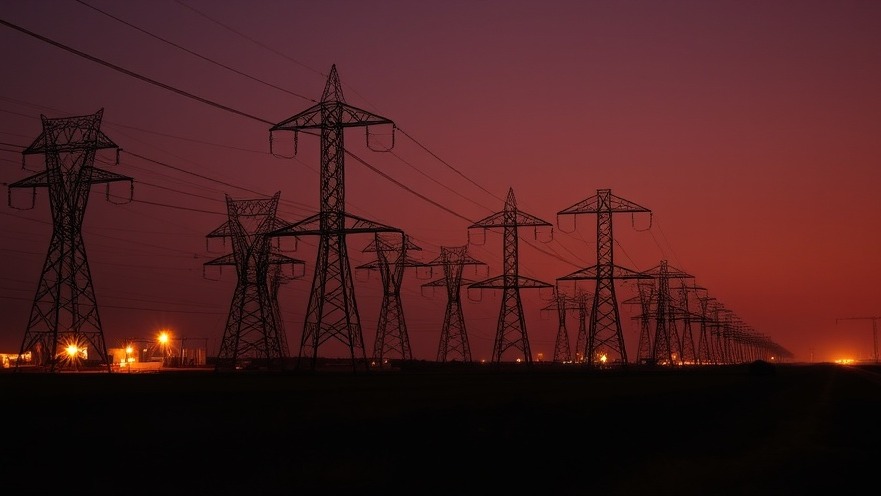
New Legislative Moves Aim to Enhance Texas's Energy Stability
The Texas House has taken a critical step forward by giving initial approval to a significant piece of legislation designed to boost oversight over the state's largest electricity consumers and improve the management of its electric supply. Senate Bill 6, authored by State Senator Phil King, seeks to empower the Electric Reliability Council of Texas (ERCOT) with greater authority over energy transactions that occur between power generators and large consumers.
What Does the Bill Propose?
The proposed legislation would not only enable ERCOT to supervise energy transactions but would also grant it the unprecedented power to cut the power supply of large consumers during emergencies. This measure is particularly aimed at addressing the increasing demand for electricity, driven largely by the rapid growth of data centers and the oil and gas sector in the state.
With forecasts suggesting that Texas will need nearly double its current electricity consumption to support this expanding industry, the legislation is anticipated to help ERCOT manage energy demands more effectively. The bill also mandates large companies to disclose their existing projects in the state, thus enabling better prediction and planning to meet future electricity needs without incurring the high costs associated with overbuilding infrastructure.
Balancing Oversight and Business Interests
Proponents of the bill, including Rep. Ken King, argue that the legislation provides clarity for large load customers. In contrast, critics contend that increased oversight could deter companies from establishing operations in Texas, a state known for its relatively unregulated energy market. Business leaders express concerns that the stringent regulations could stifle the free market principles that have traditionally governed the Texas energy landscape.
Recent Amendments Spark Debate
During the legislative session, several amendments were proposed that sparked debate among lawmakers. One significant amendment that was ultimately rejected would have allowed new large businesses to accelerate their access to electricity if they permitted ERCOT to manage their power consumption during peak demand times. On the other hand, an amendment that gained approval aims to inject surplus electricity back into the grid and use the revenue from its sale to lower water bills for Texas residents.
The Bigger Picture: Fast-Paced Growth of Texas Industries
As Texas grapples with the challenges posed by rising energy demands, the outcomes of this legislation will likely shape the state's energy policies for years to come. Experts believe that without adequate management, Texas risks facing significant energy shortages, particularly as new industries continue to emerge.
Furthermore, ERCOT's leadership has expressed confidence that the grid, in its current form, can handle future electricity demands effectively. However, the real test will come as the legislature navigates the balance between necessary oversight and maintaining an attractive business environment.
Looking Ahead: What This Means for Texans
As the bill makes its way back to the Senate for review, stakeholders from various sectors—ranging from advocacy groups to large businesses—will continue to monitor how each amendment and provision could impact the overall energy landscape in Texas. Understanding these shifts is crucial for both consumers and businesses as the state strives for a more reliable energy future.
Call to Action: Stay Informed About Texas Energy Policy Changes
As the debate continues, staying informed on energy legislation is vital. Texans are encouraged to follow local news and engage in discussions about how these policies could affect their electricity rates and overall energy reliability. Whether you’re a business owner or a concerned citizen, understanding these changes is essential.
 Add Element
Add Element  Add Row
Add Row 



Write A Comment